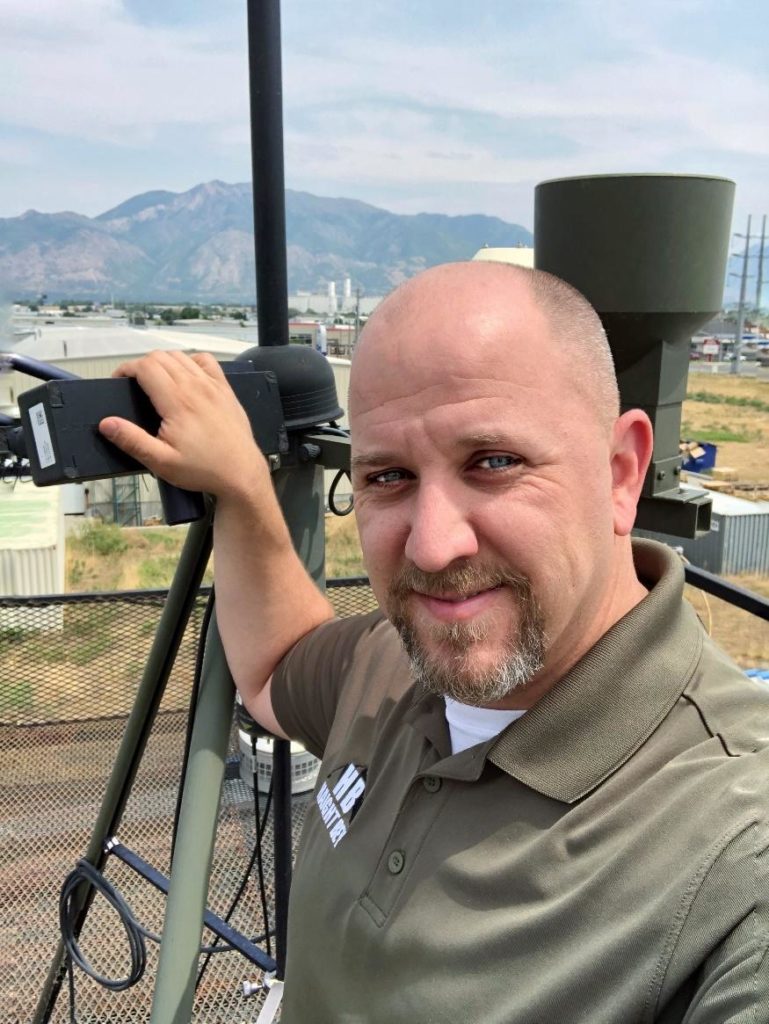Author: Matt Nece
Date: 10 August 2018
As of September 5th, it will be one year since I started my position as Cybersecurity Engineer at Haight Bey & Associates. Prior to that, I was active duty Air Force for twenty years, where I finished my career in Fort Walton Beach, Florida. At the time of my retirement ceremony, I had no intention of relocating my family away from Florida let alone moving all the way to Utah. That must be some paycheck to convince someone to relocate to the opposite side of the country! To be honest, while I will certainly not complain about my salary (especially on a public blog!), that’s not the primary reason I took this job. The reasons are similar to the same mindset of someone who stays in the military for twenty years. We don’t just stay for the paycheck. We stay for reasons like camaraderie, leadership opportunities, self-worth, and patriotism. Therefore, choosing the next career path after a veteran separates from active-duty service isn’t as easy as looking at the bottom-line. My military journey finished and a new one began by leaving Florida and heading to Utah. The first step of any journey is to decide where you want to go and then start planning.
Start early. Really early. Everyone says to start early. They’re talking months to a year or two out. That isn’t early enough. I saw a 24-year Air Force Master Sergeant retire who failed to effectively plan for separation and then took a job delivering pizzas and another job as a manager at Waffle House. His situation was a wake-up call. As a 16-year Technical Sergeant at the time, I realized I was well behind the power curve to be ready to transition out of a 20-year lifestyle. The military gives you a tuition-free college education. If you are active duty reading this and you are not taking advantage of your FREE education, stop now and go to the education center and get signed up, NOW! Besides education, the military gives you unmatched experience working in the most diverse situations in the world. Experience can be gained in your primary career field or in volunteer opportunities. Above all, make sure you pick a career path you are passionate about. Once you figure out the career path you want to take, it’s time to get prepped to land the job.
There are many things a veteran can do to prep for the job hunt. Signing on to sites like Indeed.com and USAJobs.gov is just the start. There are many opportunities the Department of Defense offers for those transitioning out. At the very end of an Air Force career, members are required to attend the Transition Assistance Program–Goals, Plans, Success workshop, known as TAP GPS. In TAP GPS, attendees learn to set up LinkedIn accounts, build résumés, and practice in mock interviews. Those who are retiring can schedule this counseling up to 24 months before retirement, while people who are separating can attend up to 12 months beforehand. I attended the course two years prior to my projected retirement date, and then again two months prior to starting terminal leave. In doing so, I was able to cement my résumé, expand my network, gather more information, and really refine my interview skillset. The best lesson I learned during TAP GPS is during an interview is to make sure to ask questions to determine if in fact, you really want to work for the company you are interviewing for.
If you’re an active duty veteran, you’ve spent your whole career doing your duty dictated by the needs of those appointed over you. For the most part, you’ve lacked the true flexibility to truly follow the path you determine. Now that you are starting your new career path, take the opportunity to make sure you are enthusiastic about the direction you are going. Therefore, it’s important to interview the interviewer to make sure the values of your potential employer match up with your own. Develop an idea of what you would want to do (not what you could do) at that company. The last thing you want to do start a job and feel stuck in a place you don’t want to be. In my circumstance, I interviewed for six jobs and all them were serious contenders. Three of those interviews were followed up with formal job offers. To state it simply, the determining factor for me in accepting a position with HB&A was their values and vision mirrored my own. A big paycheck could lure you in initially; however, if you discount your values you’ll eventually feel trapped and most likely leave the position.
More often than not, military veterans don’t retain their first job after separating. A report by VetAdvisor and Syracuse University’s Institute for Veterans and Military Families states that roughly two-thirds of veterans are likely to leave their first post-military job within two years because of problems like low job satisfaction and limited opportunities for advancement. According to the research, roughly 44 percent of veterans who responded to the survey left their first civilian job within a year of employment. Another 21 percent left after one to two years on the job. Clearly, veterans transitioning out of the military struggle with the cultural differences in the commercial world. In many cases, non-military companies are less structured and more ambiguous than a military unit. These differences can cause difficulties for both parties on the job. Not all veterans adapt well to the more enigmatic environment of a civilian employer. In my situation, HB&A is a veteran-owned business, therefore expectations for a recently retired military member were already in place.

Clear two-way communication of expectations is important for both employee and employer. Military members are more familiar with a hierarchical or vertical structure of an organization with more exact rules of conduct, whereas a non-military company may be more lenient in those areas. Not only is there a culture change, but a shift from a position of power is another significant adjustment. A military member is usually in a leadership role at the end of their career, therefore starting a new position at entry level can be another adjustment. The military also offers a clear progression path and well-ordered feedback and evaluations. This isn’t always the case with a commercial employer. As a new employee, the best thing you can do is ask questions and identify the perks of your new lifestyle. For example, the Air Force was a huge corporation while HB&A is a small business where it’s easy to see the worth everyone brings to the organization. Furthermore, a small company has the flexibility to empower their employees to provide input and be a more tangible part of the team.
Transitioning from the military to a small business also requires a lot of flexibility on the veteran. My last supervisor during my military career always repeated the phrase, “flexibility is the key to Airpower.” To me, that means you have to be able to adjust to find the best situation, even if that meant moving from Florida to Utah. Finding the right fit, both personally and professionally, is a key goal in transition from military service. How will skills and experience translate into a satisfying second career? What’s best for the family? These were just two of the many questions that I had when leaving the military last year and I didn’t settle until these two particular questions were answered. Most people transitioning out of the military believe the transition is solely about finding a job. The transition should instead be about finding the best job that fits your values and your family.
Matthew J. Nece, Master Sergeant (retired), United States Air Force




